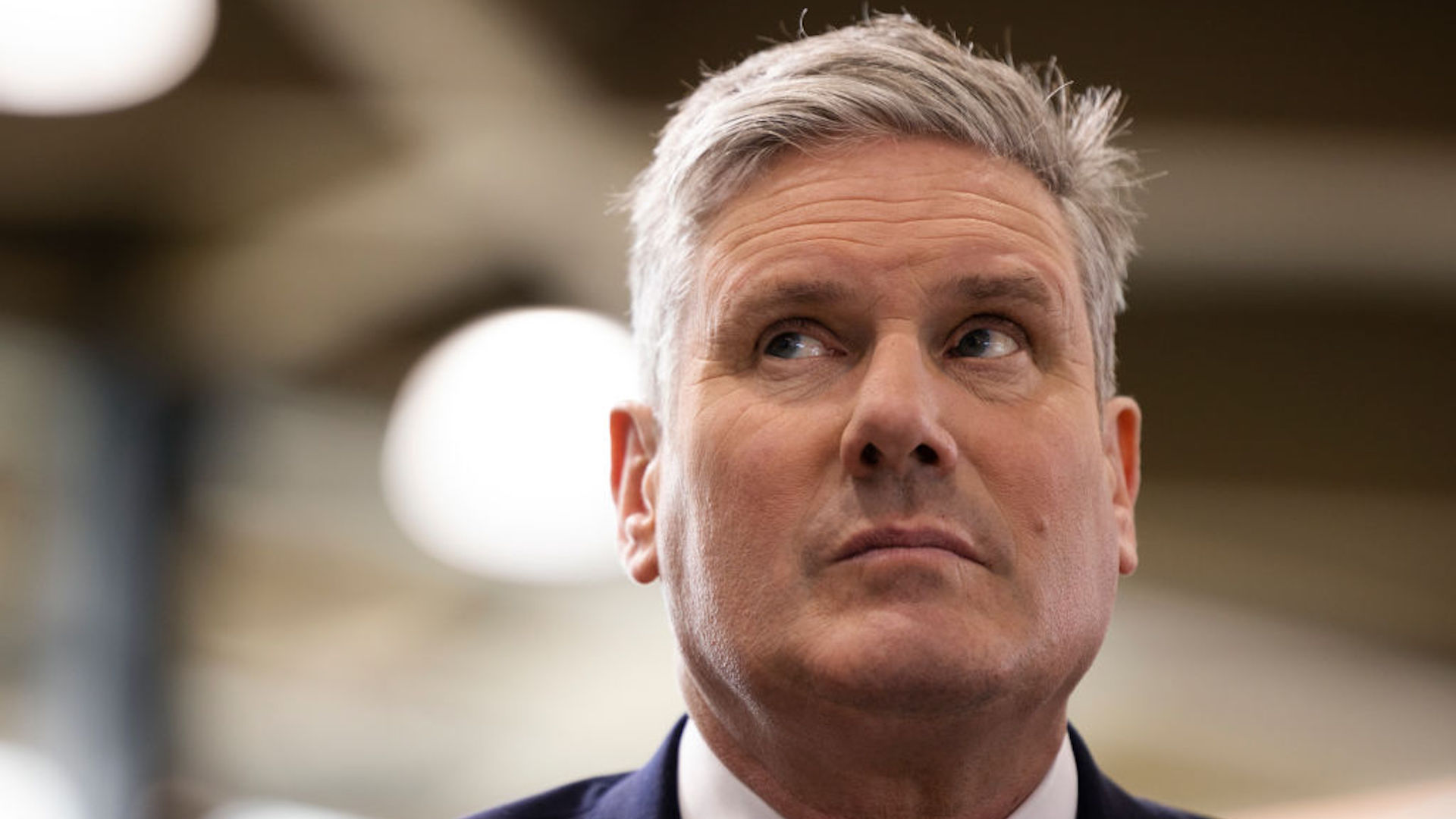There’s a kind of cold you can only feel in the gristle between your finger-bones. A sharp, piercing, paralysing cold. The kind of cold that makes it physically impossible to pick up a pen and write. This was the kind of cold I experienced when I was studying for my A-levels, living on benefits in the early days of Tory austerity, on £56 a week. I was 17 years old. And I was so scared of the energy bills I didn’t dare turn the heating on. Which meant my hands seized up whenever I tried to do my homework, and the tap water burned to the touch.
It’s the kind of cold I doubt Keir Starmer has ever experienced.
At a recent speech at Labour’s Business Conference, Starmer doubled-down on his new-found commitment to austerity, stating: “We cannot and we will not allow public spending needs, however important, to threaten the stability of our finances”. It’s a rhetoric so ubiquitous we no longer question (or really even notice) what it means. A Jenga tower of abstracted buzzwords. But what Starmer is committing to is a continuation of brutalising poverty.
When we talk about the impacts of austerity, there’s a tendency (among both left and right) to get lost in dead metaphors, and in words that should mean something, but don’t. Our eyes glide over terms like “cold” and “hunger” as though they’re abstract concepts to be weighed up against other concepts, like “stability” – whatever on Earth that means anymore.
But hunger is not an abstract concept. When I was living on benefits, I’d often find the money didn’t quite stretch until the end of the week. And so for the last day or two I’d have little, sometimes nothing, to eat. I can still remember the gnawing beneath by ribcage, like a rat strapped to my stomach; the stomach acid spitting up the back of my throat; the sheer impossibility of concentrating on anything. Looking back, I can hardly understand how I got through my A-Levels; let alone how other poor students get through them today.
- Mum with disabled daughter facing homelessness as council refuses help: ‘She’ll have a breakdown’
- Paloma Faith: ‘How many left-wing people like me get to be a national treasure? None’
Shame, too, isn’t an abstract concept. It feels uncomfortable to even write these words. But our journalist class – even when sympathetic – is overwhelmingly drawn from people who haven’t had these experiences. And it’s essential people understand what further austerity would feel like for millions of people across the country. Not a few lost luxuries. not a mere tightening of our belts. But real, visceral suffering.









